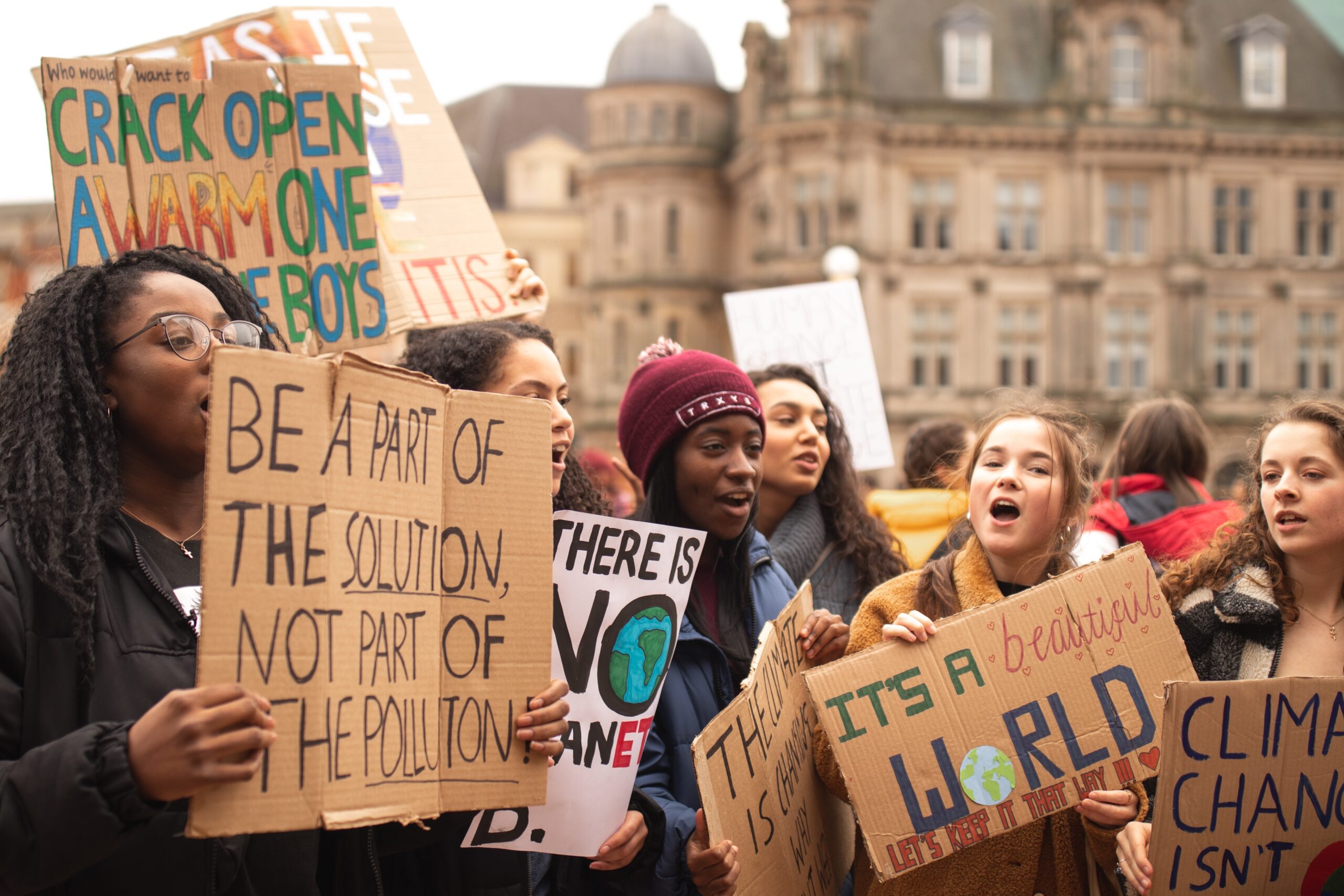
08 Nov Cruise ships are super emitters of greenhouse gases; action needed to meet paris agreement
FOR RELEASE: November 8, 2021
Global Cruise Activist Network Warns:
Cruise Ships are Super-Emitters of Greenhouse Gases;
Action towards Paris Agreement Goals Proposed
The Global Cruise Activist Network (GCAN) is calling on UN delegates to take immediate steps to ensure that cruise ships in service anywhere in the world comply with standards that will achieve net zero emissions of greenhouse gases by the cruise industry by 2050.
Several prominent GCAN members reside in the Seattle area, as well as in Juneau and Ketchikan, Alaska.
Cruise ships are super-emitters of greenhouse gases; they are more carbon intensive than cargo ships of similar size because they burn fuel to power infrastructure for, typically, 3,000 up to as many as 10,000 passengers and crew.
GCAN is calling for a halt to construction of cruise ship terminals worldwide, and the imposition of a “clean ship standard” which progressively reduces the carbon-intensity of each ship to zero.
Locally, this means the Port of Seattle should immediately and permanently cancel its plans for a third cruise ship terminal opposite Pioneer Square, a project which is currently on indefinite postponement. And while the Port is proud of its efforts to require ships to use local shore power while docked, this is just a beginning and must be accompanied by immediate, substantial, progressive requirements for reductions in carbon emissions.
“I’m pleased that the Port of Seattle is discussing zero-emission cruise ships, but they need to rapidly move forward on actually requiring such ships, effective by 2030, as Norway has done,” says Stacy Oaks, member of GCAN and of local organization Seattle Cruise Control.(1)
GCAN’s call to action underlines why Seattle should be concerned about all emissions from cruise ships, not just the pollution they emit while in Puget Sound: Legal analysis shows international shipping emissions are covered by the Paris Agreement and must be included in the Parties’ Nationally Determined Contributions (NDCs) to meet economy-wide absolute emission reduction targets that would limit global warming to well below 2°C.(2)
“Over 90% of carbon emissions from Seattle’s cruise ships are not counted in any inventory – it’s not clear that anyone at the Port even knows the full measure of these emissions,” says Elizabeth Burton, another local member of GCAN and Seattle Cruise Control. “This new legal analysis decisively shows that action must be taken on all emissions that affect climate.”
GCAN recommends that at a minimum, standards for the cruise industry should require emissions reductions of 40% by 2030 and incremental reductions of 5% year-on-year thereafter. Seattle Cruise Control is drafting even more stringent standards.
Ironically, two Estonian-owned cruise ships hired for accommodation during COP 26 are running on fossil fuels despite being equipped to use onshore power.(3)
“The accommodation solution in Glasgow to use floating hotels is deeply disappointing and flies in the face of the purpose of the event to limit global pollution. Multiple reports and evidence are available which make clear the risks cruise ships pose to human health and the environment, including the peer-reviewed scientific paper published in September this year: “Environmental and human health impacts of cruise tourism: A Review” by Lloret et al. (4) The organizers of COP 26 ought to be very embarrassed by renting these super-polluters and disease incubators,” said Linda Clark, a GCAN activist in the Cayman Islands.
Cruise ships are a luxury that cause serious climate damage. The industry and its regulators must give priority to decarbonizing ships and promoting the long-term health of the atmosphere, the marine environment, and port communities. It’s time to abandon “cruising as usual”.
Footnotes:
(1) In 2018, to protect its fjords, Norway passed a law requiring zero-emissions cruise ships and ferries by 2026 in two UNESCO Heritage site fjords, and in all of Norway’s fjords by 2030. See “Catching Cruise Off-Guard: Norway’s zero emissions fjord cruises”, Marine Link, May 23, 2019. In 2020 the requirements for the two UNESCO sites were postponed from 2026 to 2030 by the Norwegian Maritime Directorate to have equal regulations for all Norwegian Fjords. See “The Norwegian Maritime Directorate will postpone emission requirements in UNESCO fjords”(Title translated), EnterWe, April 28, 2020.
(2)“Shipping and aviation are subject to the Paris Agreement, legal analysis shows,” European Federation for Transport and Environment, October 12, 2021
(3)“Cop26 cruise ship forced to run on fossil fuels despite ability to use clean onshore energy”, by William Proud, Independent, October 29, 2021.
(4)Josep Lloret et al, Environmental and human health impacts of cruise tourism: A review, Marine Pollution Bulletin (2021). DOI: 10.1016/j.marpolbul.2021.112979.
#######
About GCAN: The Global Cruise Activist Network formed during the Covid-19 pandemic to demand changes to the cruise industry’s business model. GCAN’s members, consisting of cruise port residents, civil society organizations, and labor & crime victim advocates, are aligned around the values of health, safety, security, conservation, and equity. Learn more, including GCAN’s 12 Principles of Responsible Cruise Tourism, at globalcruiseactivistnetwork.com.
About Seattle Cruise Control: Spurred to action by the Port of Seattle’s now-postponed plan to build yet another cruise terminal, this group of concerned residents is building a long term vision of a #CruiseFreeSalishSea, with a just economic transition for workers dependent upon this toxic industry. https://seattlecruisecontrol.org.
Media Contacts:
Elizabeth Burton, member: GCAN and Seattle Cruise Control, Seattle, WA, USA, elizabeth@nineravens.org
Stacy Oaks, member: GCAN and Seattle Cruise Control, Seattle, WA, USA, Stacy@350Seattle.org (425) 280-0900
Linda Clark, GCAN coordinator, Cayman Islands gcan@globalcruiseactivistnetwork.com
Jane da Mosto, GCAN activist and Executive Director of We Are Here Venice, Venice, Italy +39 348-895-4642; jane@weareherevenice.org


Sorry, the comment form is closed at this time.